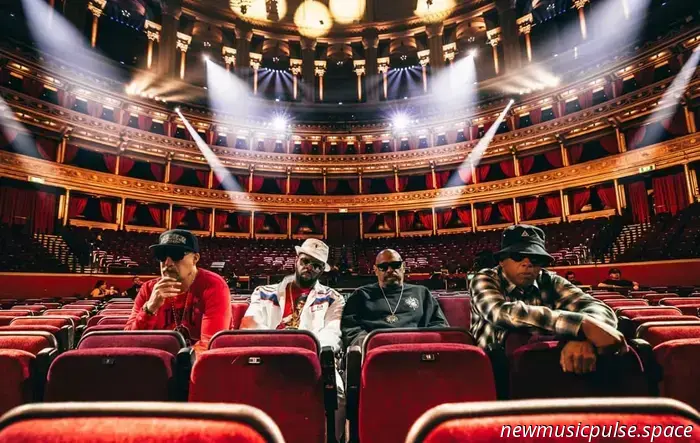
In one of the most surprising and fascinating cultural fusions of recent years, Cypress Hill collaborated with the London Symphony Orchestra to reinterpret their iconic 1993 album 'Black Sunday'. The unique performance, witnessed by over 5,000 fans, was part of an emerging trend of genre-blending endeavors, infusing orchestral depth into the shadowy ambiance and menacing tones of one of hip-hop's grimmest classics.
This is not merely a nostalgic cash grab or a gimmicky act. It represents a daring, cinematic reimagining of an album that played a crucial role in shaping a rap generation—and continues to influence artists on both sides of the Atlantic.
Cypress Hill has consistently thrived on the edge of expectation. Their orchestral venture is not a departure from their roots—it’s an expansion. By redefining 'Black Sunday' through a fresh musical perspective, the group has not only honored its legacy but also broadened its future. The message is unmistakable: hip-hop belongs not just in street corners or clubs, but also in concert halls, institutions, and history.
Mike Milenko spoke with Cypress Hill co-founder Sen Dog about the project's inception, the experience of hearing ‘Black Sunday’ reinterpreted by a full orchestra, and why hip-hop merits a place in concert venues worldwide.
—
This partnership with the London Symphony Orchestra feels both surprising and entirely fitting. How did the idea first emerge, and why is this the right moment for such a collaboration?
It all originated from a 1996 episode of The Simpsons (S7 Ep 24 Homerpalooza). Fans were expressing their desire for this collaboration, so initially, we reached out, and over the years, we maintained communication with the LSO. It took a while to finalize things and gauge their interest, but there was a clear demand.
Among all Cypress Hill’s classic albums, why was 1993’s ‘Black Sunday’ selected as the centerpiece for this orchestral performance?
I believe it’s our most popular album, and we hold it in high regard. We wanted to see if we could adapt it to an orchestral format. It blended seamlessly, so we decided to move forward.
Which Cypress Hill album do you find yourself revisiting the most?
The very first album is my favorite. Back then, we were just kids trying to create a record, inspired by the artists we admired. We were still active in the streets, giving our sound a raw edge. It was the emergence of a style that hadn’t really been explored before. Simpler times, for sure.
Hearing tracks like ‘Insane In The Brain’ performed with a full string section must have felt surreal. Did it alter your perception of your own music?
Yes, it changed my perspective by showing me that the music can be expressed in various forms. It made us sound—I don’t want to say sophisticated or mature, but it felt grander and more powerful in certain ways. I was surprised by the outcome.
Were there any tracks that posed challenges when adapting them to a classical format?
Every aspect of it is a challenge once you dive into creating the music. Converting a hip-hop format into a classical one requires confronting that challenge head-on until you find your comfort zone.
Cypress Hill has always challenged boundaries. Does this performance naturally extend the Cypress Hill sound?
Absolutely. We’ve explored traditional rap and hip-hop, tackled rap-metal, and performed in Spanish. Now, we’re venturing into classical music. It reinforced the idea of “this is what we’re truly about”—experimenting, trying new things, and seeing where it leads us.
—
Was there a moment during rehearsals or the performance that emotionally impacted you?
When we performed ‘Rock Superstar’, hearing all the violins and strings was particularly striking. It moved me to turn around and locate the source of the sound because it was so distinct and enlightening. At that moment, I realized we were creating something special.
Cypress Hill are known for their pro-marijuana stance, often smoking on stage, famously getting banned from Saturday Night Live after DJ Muggs sparked a joint and declared, “They said I couldn’t smoke my joint, I ain’t goin’ out like that.” Were you tempted to smoke on stage?
No, they requested that we refrain from smoking on stage or inside the venue since it had never been done before. So, we would go outside to the loading dock, smoke, and then return. It wasn’t a big deal to respect the venue’s request; it didn’t bother me at all.
You have a long-time passion for rock music. Who are the artists that influence you and are frequently on your personal playlist?
KISS has always been one of my favorite bands since childhood. I loved the face paint, costumes, theatrics, and their music. I’ve always enjoyed Led Zeppelin, Black Sabbath, Jimi Hendrix, Cream, Aerosmith, and many others.
The music I grew


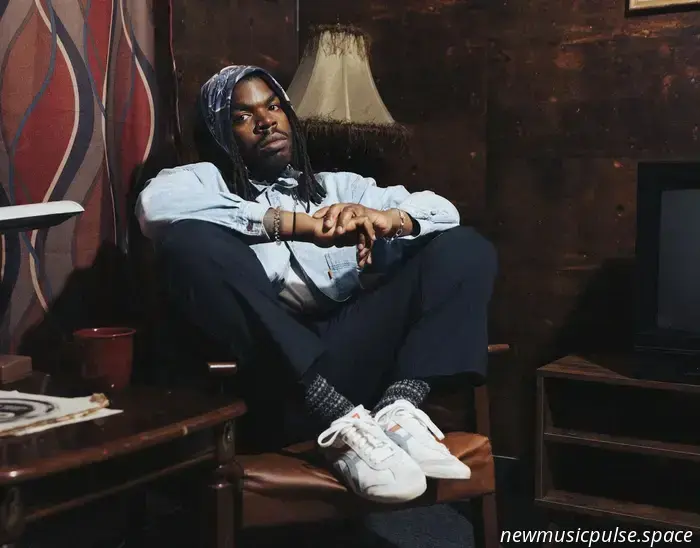
Canadian artist JayWood has announced his upcoming album titled 'Leo Negro'. Now residing in Montreal, the Polaris-nominated musician has recently made a comeback with a series of
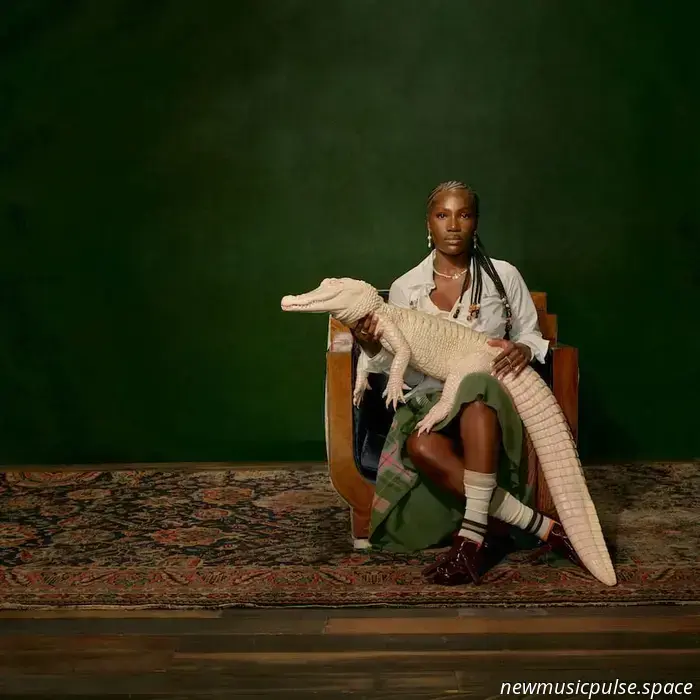
In her acceptance speech at the BET Awards last night (June 9th), Doechii strongly criticized Donald Trump's behavior towards protestors in Los Angeles.
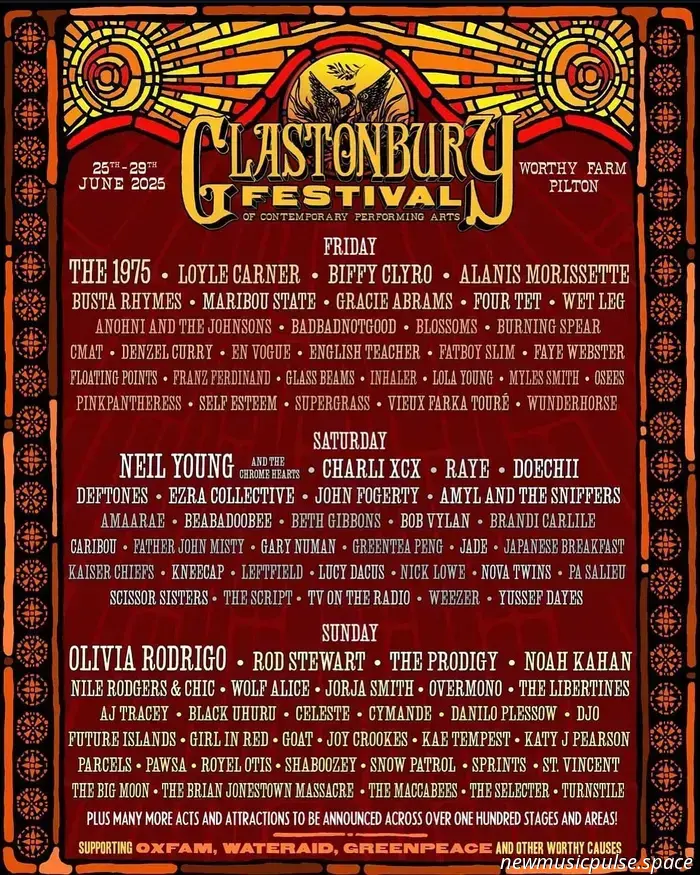
In 2025, Glastonbury Festival plans to reduce the number of tickets sold to enhance the experience for attendees. The festival's capacity has increased in
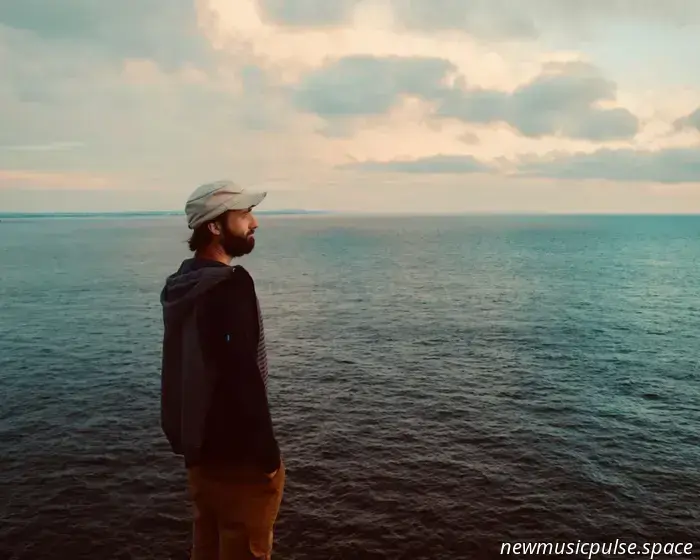
No one embarks on a boat to sail across the Pacific in their early twenties unless they're searching for something. For Scottish musician Colin Manson,
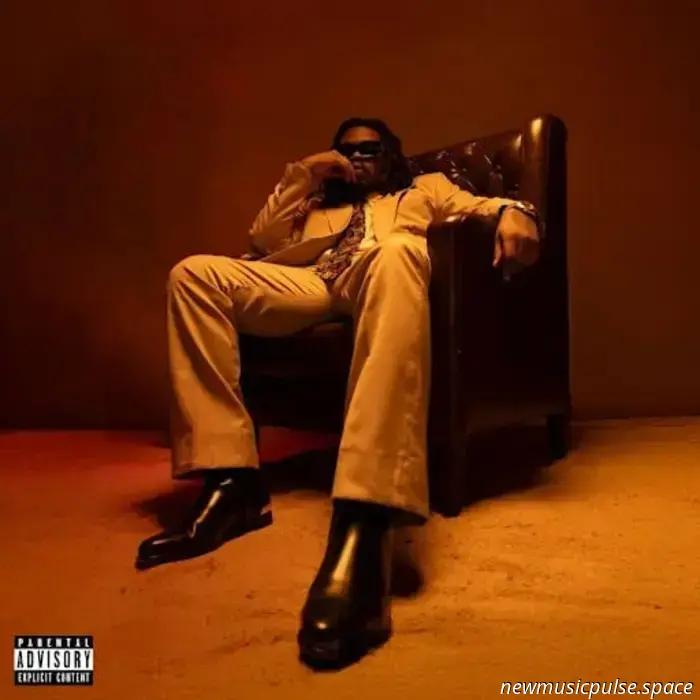
Nigerian artist Olamide makes a comeback with a surprise single titled '99'. Released now, it's a summer offering from the versatile Nigerian musician who has played a significant role in shaping a generation.
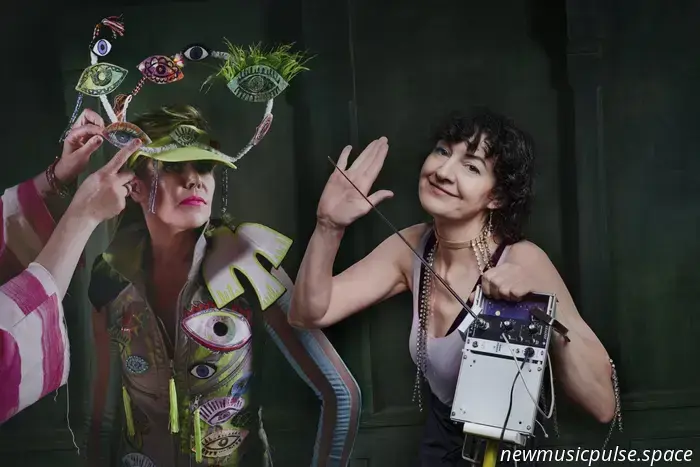
Chicks On Speed have announced the upcoming release of their new 'HEARTopia' box set. The band exists in a unique realm - positioned between post Riot Grrrl and pre electroclash, and in some way
In a surprising and engaging cultural fusion of recent times, Cypress Hill collaborated with the London Symphony Orchestra to reinterpret